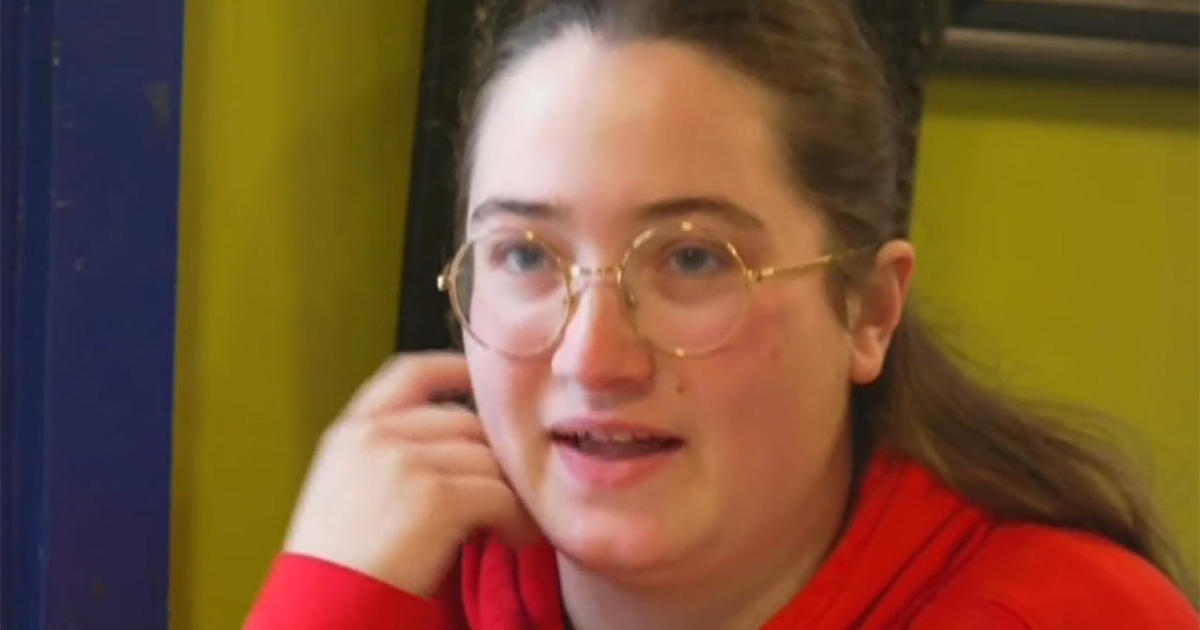Does adversity make you stronger? Scientists say not always

There is an old saying that adversity makes you stronger. Real life shows that this is not always the case, but the proverb highlights the debate among scientists about the evolving resilience.
After traumatic events and crises, such as child abuse, gun violence, or a pandemic, what explains why some people recover while others struggle to cope? Is it nature — genes and other inherent traits? Or is parenting life experiences and social interactions?
Decades of research show that both play a role, but neither determines a person’s destiny.
Although scholars use different definitions, resilience generally refers to the ability to cope with severe stress.
“It includes behaviors, thoughts, and actions that anyone can learn and develop,” writes American Psychological Association. These efforts are more difficult for some people because of genetics, biology and life circumstances, evidence suggests.
A US landmark research in the mid-1990s linked adverse childhood experiences to poor mental and physical health in adulthood. It turns out that each additional adversity further increases the risks.
Scientists have conducted many studies trying to answer why some children are more vulnerable to such experiences than others.
California pediatrician and researcher Dr. Thomas Boyce decided to delve into this question because of his own family history. He and his sister, who is two years younger, were extremely close in their sometimes tumultuous family circumstances. As they became adults, Boyce’s life seemed happy, while his sister was mired in hardship and mental illness.
In laboratory tests, Boyce found that approximately 1 in 5 children have an increased biological response to stress. He found signs of hyperactivity in their brain’s fight-or-flight response and stress hormones. Real-world evidence has shown that such children have higher levels of physical and mental health problems when raised in stressful family situations. But the evidence also shows that these highly sensitive children can thrive if nurtured and supported, Boyce says.
Ananda Amstadter, who studies traumatic stress and genetics at Virginia Commonwealth University, said her research shows resilience to stress is about half genetic and half environmental. But she emphasized that many genes are likely involved; there is no single “resilience gene”.
In other studies, Duke University researchers Terry Moffitt and Avshalom Caspi linked variations in genes that help regulate mood to an increased risk of depression or antisocial behavior in children who were exposed to child abuse or neglect.
But “genes are not destiny,” says Dr. Dennis Charney, president of academic affairs at Mount Sinai Health System in New York, who has studied coping strategies.
Trauma can affect the development of key brain systems that regulate anxiety and fear. Psychotherapy and psychiatric medications can sometimes help people who have experienced severe trauma and hardship. And Charney said a loving family, a strong network of friends and positive experiences at school can help balance out the harmful effects.
With an early childhood in Haiti marked by poverty and other traumas, 19-year-old Steve Biandalillo seems to have beaten the odds.
Desperate parents gave him at the age of 4 to an orphanage, where he lived for three years.
“I really didn’t understand what was going on,” he recalls. “I’ve just been thrown into a big house full of other kids.” He remembers feeling scared and abandoned, certain that he would live there forever.
An American couple visited an orphanage and planned to adopt him and his younger brother. But then Haiti was hit by a devastating earthquake in 2010 that killed more than 100,000 people and destroyed Haiti’s capital and nearby towns.
“All hopes for me suddenly disappeared,” said Biandalila.
The adoption eventually went through, and the family eventually moved to Idaho. Biandalil’s new life has given him opportunities he never dreamed of, but he says he was still haunted by “the baggage and trauma I had from Haiti.”
His foster parents got him into the local Boys and Girls Club, a place where he and his brother could go after school to be kids and have fun. Biandalila says the adults who support him have given him a chance to talk about his life, which is so different from other children’s, and helped him feel welcomed and loved.
Now a sophomore in college majoring in social work, he envisions a career working with those in need, helping to help and educate others.
In his words, it was a journey from “a scared little kid to me, a proud young man with big goals and a big future.”
Follow AP Medical reporter Lindsey Tanner at @LindseyTanner.
The Associated Press Department of Health and Science receives support from the Department of Science Education at the Howard Hughes Medical Institute. AP is solely responsible for all content.
Copyright 2022 The Associated Press. All rights reserved. This material may not be published, broadcast, copied or distributed without permission.
https://pantagraph.com/news/science/does-adversity-make-you-stronger-scientists-say-not-always/article_21884f2d-15f1-5dc7-8f51-6b1cb6c10966.html




